EECS 312: Digital Integrated Circuits
Instructor: Professor Robert P. Dick
Coverage
EECS 312 introduces students to the analysis and design of digital integrated circuits. MOSFET operation and the design of high-performance and low-power logic gates are covered, as are combinational and sequential logic design fundamentals.
Lab
Manual analysis and commercial computer-aided design software will be used throughout the semester during the design and evaluation of increasingly complex circuits. Laboratory assignments will require a gradually increasing degree of creativity in determining circuit components and structure, culminating in an open-ended final design project. Students will learn basic digital circuit performance, power consumption, and reliability optimization techniques.
Additional Information
EECS 312 provides a bridge between discrete digital system design based on switching and sequential network theory and the non-ideal devices from which real integrated circuits are constructed. It builds a foundation for later courses in VLSI Design and also gives computer architects a competitive advantage by exposing them to the complex, non-digital behavior of the devices and circuits with which digital systems are implemented.
Textbook(s)
J. Rabaey, A. Chandrakasan, and B. Nikolic. Digital Integrated Circuits A Design Perspective, Edition: 2. Alexandria, VA: Prentice Hall, 2003
Syllabus
• Course overview and administrative details
• Context for digital integrated circuit design
• Scaling and process variation
• Transistor static behavior
• Transistor dynamic behavior
• Fabrication
• SPICE models
• CMOS inverters
• Inverter dynamic behavior
• Inverter power consumption
• CMOS gates
• Pass transistor logic
• Transmission gates
• Transistor and logic gate sizing
• Dynamic logic
• Domino logic
• np-CMOS
• Interconnect behavior
• Interconnect design
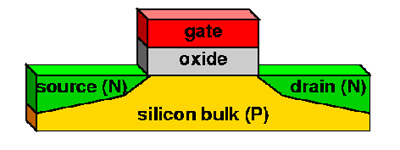
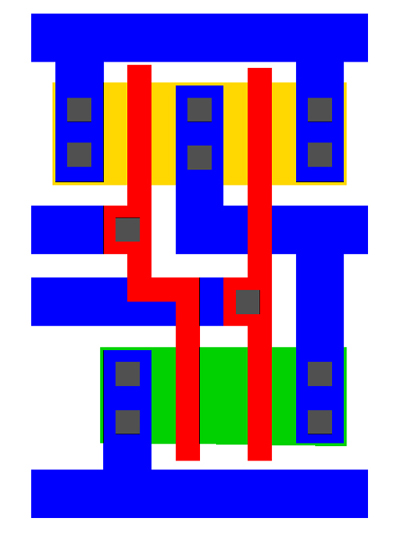
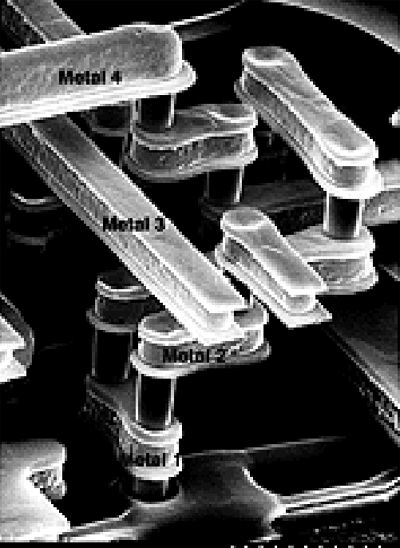
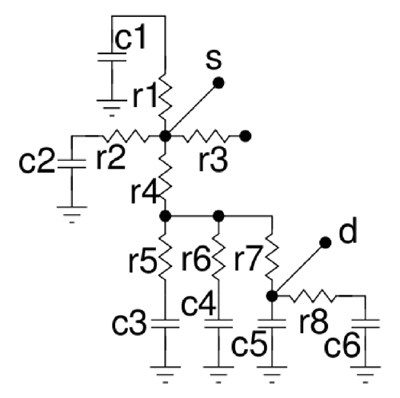
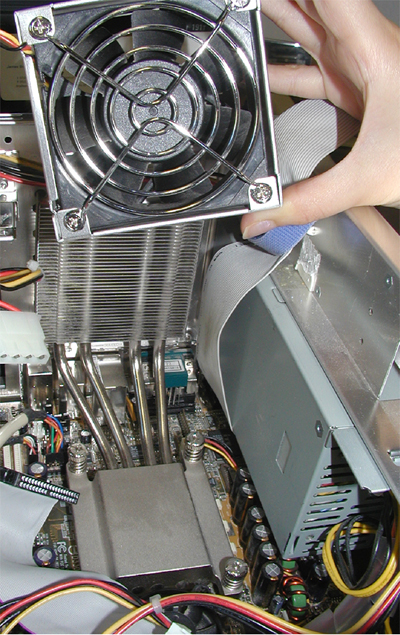
 MENU
MENU 
